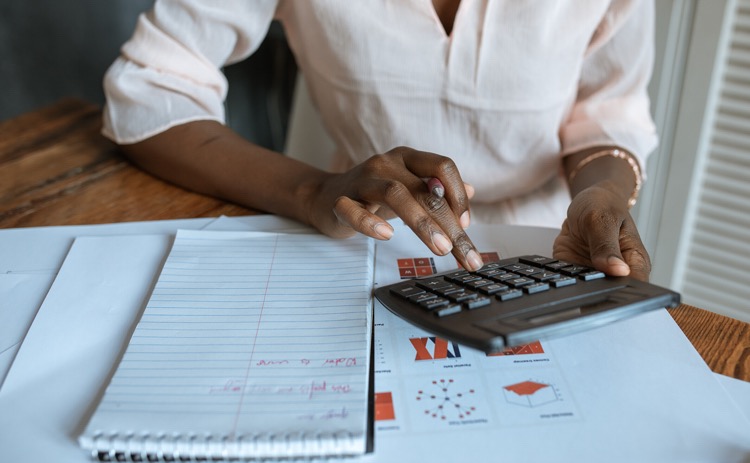
Financial literacy amongst African women has been a hot topic on the continent for more than a decade due to growing awareness about its impact on African societies. The financial education or financial knowledge rate among African women is generally considered to be low. According to a survey conducted by the African Development Bank, only 20% of women in Africa have a basic understanding of financial matters, compared to 30% of men. The same survey also found that women are less likely than men to have a bank account or to have participated in any kind of financial training.
But interesting statistics indicate that the African continent has the highest percentage of female entrepreneurs in the world. However, low financial awareness has hindered their ability to scale and reach their full potential.
How can a continent with the highest number of women entrepreneurs still be struggling with low financial literacy amongst its women?
Factors attributed to this
- Limited access to education: Many African women still have limited access to education, which can make it difficult for them to acquire the knowledge and skills needed to manage their finances effectively.
- Socio-cultural barriers: In some African cultures, women are not expected to be involved in financial matters, which can limit their opportunities to learn about and participate in financial activities.
- Lack of role models: Most African women lack positive role models when it comes to financial matters, which can make it difficult for them to envision themselves as successful investors or business owners.
- Limited access to financial services: A lot of African women lack access to basic financial services, such as bank accounts or credit, which hinders their ability to save or invest money.
For women in Africa, financial literacy is crucial to be able to access and benefit from financial services, and to make informed decisions about how to manage and invest their resources, and to improve their overall economic status.
Progress
Despite the low financial literacy rate among African women, there are efforts to improve the situation. Organizations such as the African Development Bank and the International Monetary Fund are providing financial education programs to help African women acquire the knowledge and skills they need to manage their finances effectively. Financial institutions such as Sterling Bank have also developed propositions such as OneWoman to help address most of the issues highlighted above.
If you’re a woman seeking to educate yourself on what’s available to you, entrepreneur or not, a good place to start is by reading up on the state of financial literacy in your country and which programs are available.






